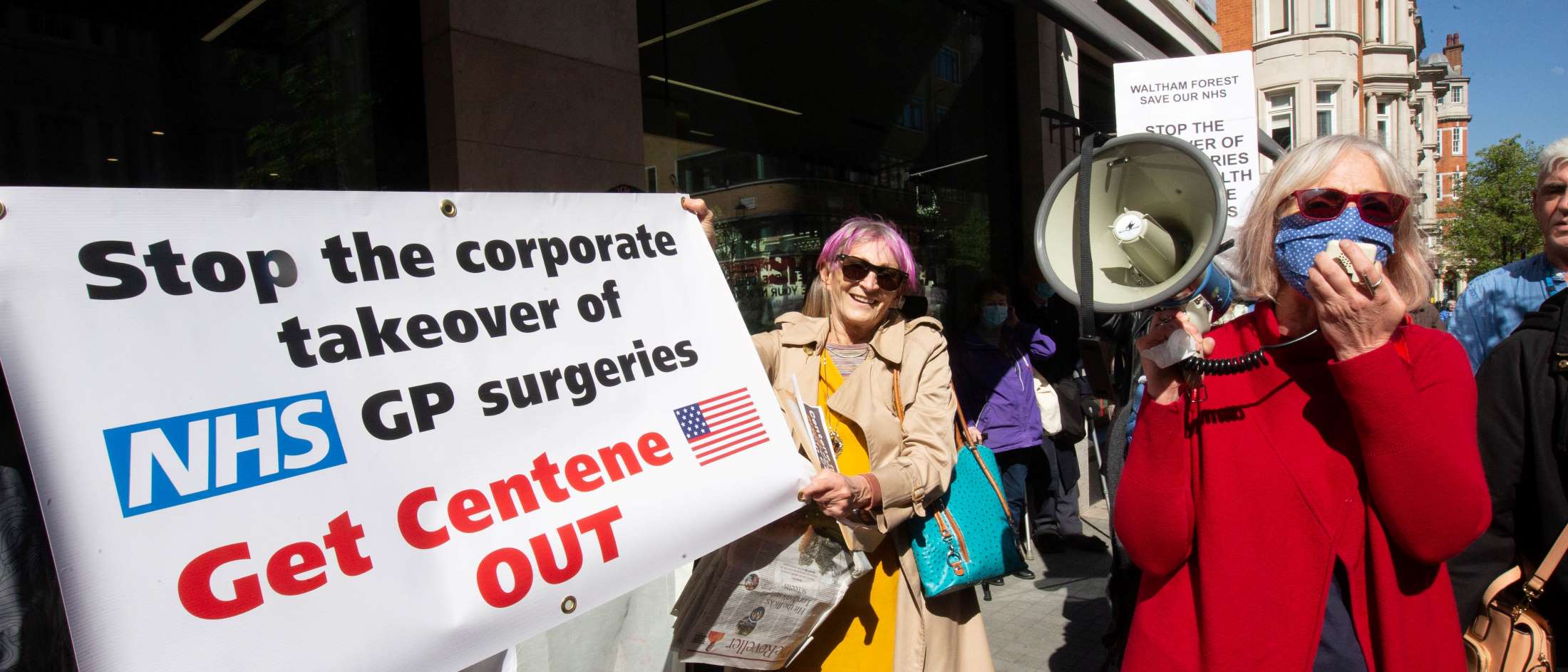The big questions
As the NHS celebrates its 70th birthday this year, the challenges facing it are unprecedented – provision is drowning under the weight of chronic underfunding just when the health service needs it most as record-breaking demand soars.
Lord Ara Darzi, a top surgeon and former health minister, who this year will undertake a landmark review of the NHS alongside the Institute for Public Policy Research think tank , has posed a series of questions that politicians, policymakers  and providers alike must come to grips with if the NHS is to not only survive but thrive.
How, for example, do we ensure every patient gets high-quality care when they need it? How do we integrate health and social care effectively and how will we keep up with technological change? How can we sustainably fund the NHS in the long-term to ensure that it celebrates another 70 years and more?
While it has become practically universally accepted that the NHS needs more money and it needs it now – even a growing list of Tory MPs are demanding more funding, after all – Unite believes that substantial funding must be coupled with a plan for its future, one that puts the workforce and patients at its centre.
“There’s a lack of confidence in the whole NHS workforce that really anybody has a plan,” Unite assistant general secretary Gail Cartmail said today (January 30) on the BBC’s Daily Politics programme.
Consult staff call
“They’ve had a pay cut of 20 per cent in real terms since 2010; the funding for the NHS is the least funding it has had since 2010 and morale is absolutely rock-bottom.”
“We need consultation with the staff, with clinicians – the people who keep our hospitals and community services running — and consultation with the community,” she added.
If politicians took consultation with staff seriously, they would listen to people on the frontlines like paramedic and Unite rep Debbie Wilkinson, who told UNITElive that beyond a proper funding settlement, social care services must be in place for the NHS to survive.
“Social care needs to be in place to stop us from having to take people into A&E,” she said. “As paramedics, the NHS is trying to upskill us to leave more patients at home. But in order to leave more patients at home, the pathways need to be in place for us.”
Cartmail echoed this sentiment today.
“We need to be bringing social care into health, not more health into social care,” she said on Daily Politics. “Councils across the country have suffered 40 per cent cuts at the same time as public health has been put into their domain, meaning that health visitors – much needed health visitors – are being cut, and district nurses are being cut.”
Privatisation
Cartmail added that privatisation is also undermining the health service – she highlighted that 43 per cent of clinical contracts went to the private sector this year.
“Commercial confidentiality cuts out staff consultation – whether that’s the right thing for patients or not,” she explained.
Wilkinson has first-hand experience of the damage privatisation has wrought.
“In our patient transport services that take routine patients to hospital – we’re losing to private contractors which are essentially taxi firms transporting patients when it should be NHS ambulances,” she explained.
“When we take patients home, we take them into the house, make sure the heating is on, their coat is off and that someone will be there to check on them. When private contractors take patients home, they just drop them off. Invariably we have a lot of patients who get dropped off, fall over and then they have to call 999. Privatisation is actually causing a crisis.”
Virgin Care contract
Unite believes that privatisation of the NHS makes it more open to a Carillion-style collapse and is calling for a rethink on the billions in private sector contracts in the health service.
“The collapse of Carillion which had many NHS contracts, including managing 11,800 beds, has brought the outsourcing of public services to profit-hungry private companies into disrepute,” highlighted Unite national officer Colenzo Jarrett-Thorpe.
Unite most recently called on Lancashire County Council to reconsider its decision to transfer NHS community services to Virgin Care in a ÂŁ104m contract.
“Virgin Care has been like a cash-hungry octopus with its tentacles grabbing more than £1 billion worth of NHS contracts,” Jarrett-Thorpe noted. “We think there needs to be greater transparency surrounding Virgin Care’s finances.
Private Eye recently revealed that much like Carillion, Virgin Care’s finances are questionable at best – on a turnover of £252m, the private outsourcing firm posted losses of nearly £16m last year. Its liabilities are larger than its assets by about £30m, and the only reason, according to Private Eye, that the firm is “spared insolvency” is because its owner Richard Branson keeps pouring cash into it to keep it afloat.
Unite has come out against the latest Virgin Care contract with Lancashire County Council as it fears  Lancashire’s 0-19 healthy child programme will be at risk – private contractors often cut staff to maximise profits.
“There will be concerns from health visitors about how much they will be required to compromise their professional code of practice to work for Virgin Care and the impact that will have on the quality of services for children and families in Lancashire,” Jarrett-Thorpe said, vowing that Unite would fight any cuts to staff or provision.
He welcomed Lord Darzi’s upcoming report and Cartmail’s comments from this morning.
“There is a growing national consensus – even among Tory MPs – that the NHS needs substantial funding and it needs it now,” Jarrett-Thorpe said. “Without this funding, we’ve failed before we’ve even begun. But it is right too that we must look beyond money alone at what the NHS needs to thrive well into the future. As Gail touched upon today on Daily Politics, we need an integrated health and social care service; and we need ample provision of mental health services to cope with growing demand.
“We need to end the privatisation of services that’s extracting profit at patients’, staff and taxpayers’ expense; and we need to reverse the haemorrhaging of staff numbers in nursing and other health professions by giving staff a proper pay rise.
“The failed reforms of 2012 show what happens when we don’t listen to those on the frontlines,” he added. “As Gail said, above all when we ask the big questions about the NHS’ survival, we must listen to the doctors, nurses, paramedics and others who work so hard to treat and care for us – the future of the health service depends on it.”
Watch Unite’s Gail Cartmail on BBC’s Daily Politics here.
 Like
Like Follow
Follow


